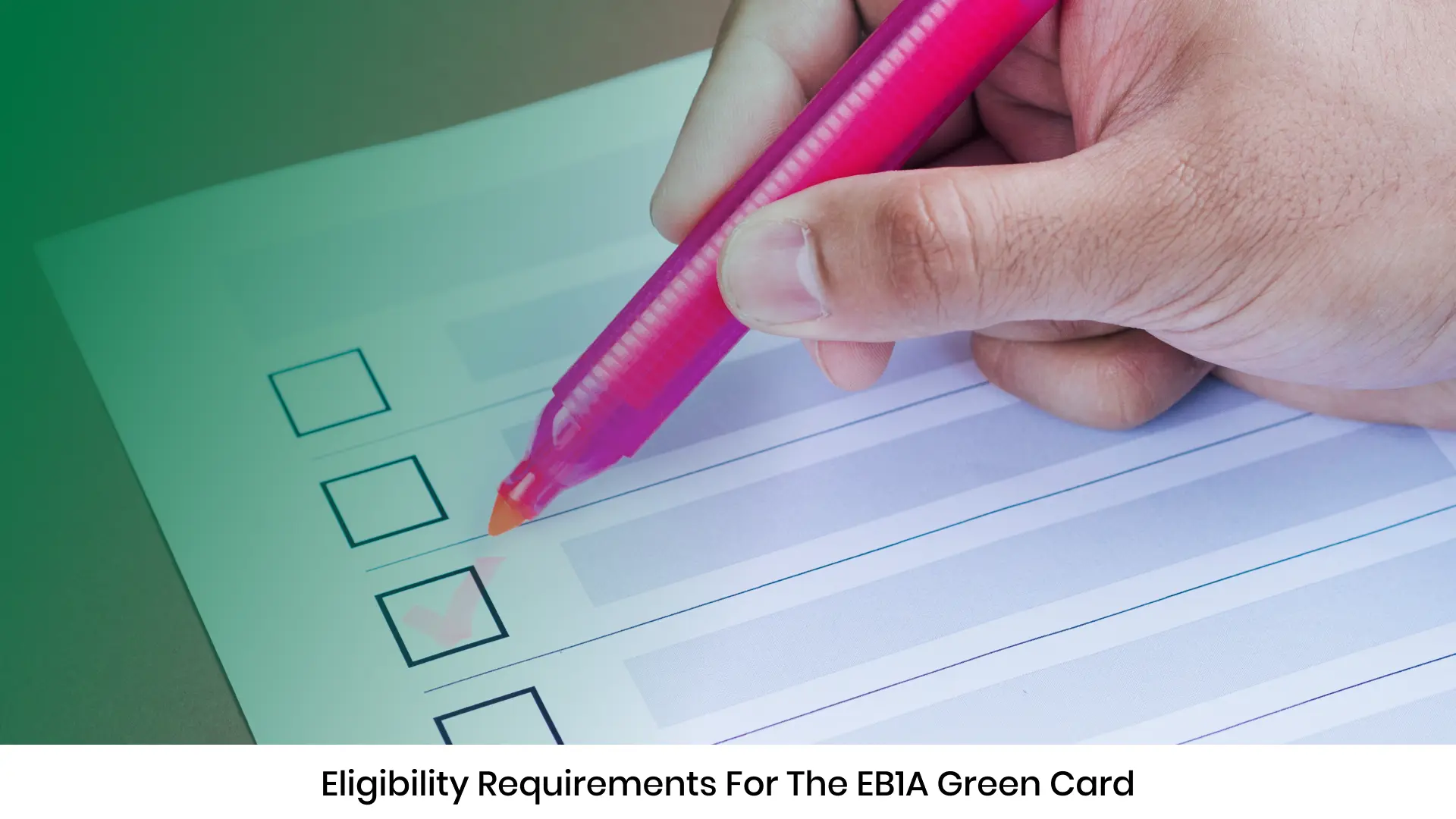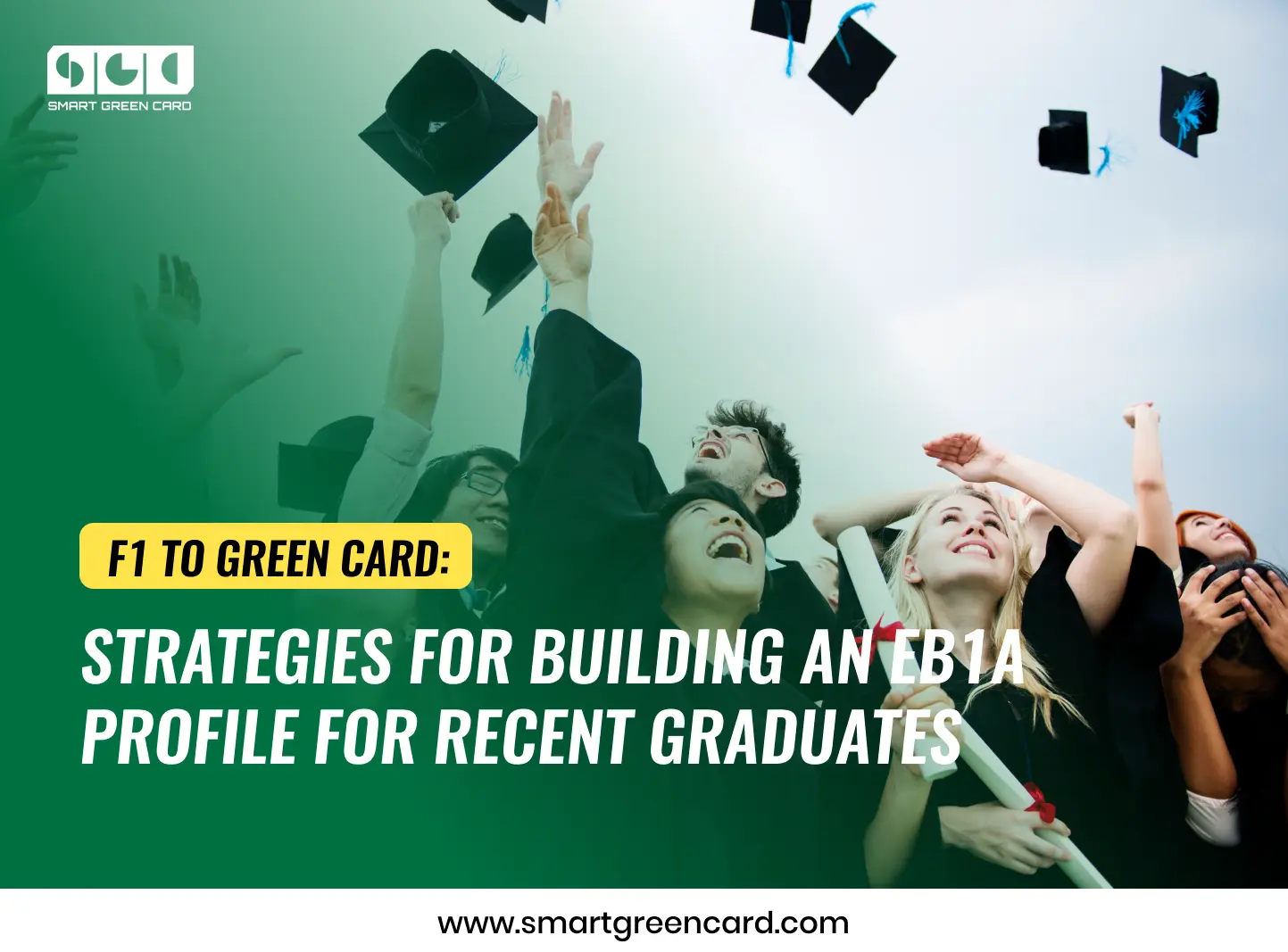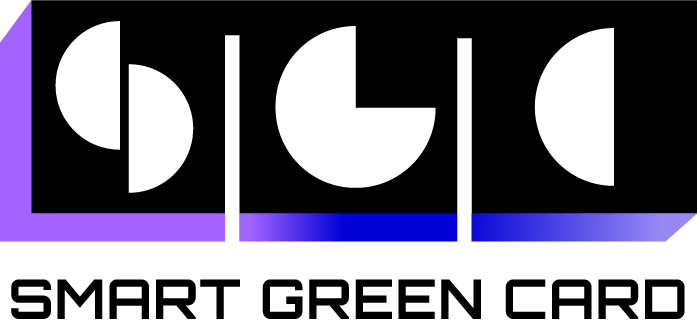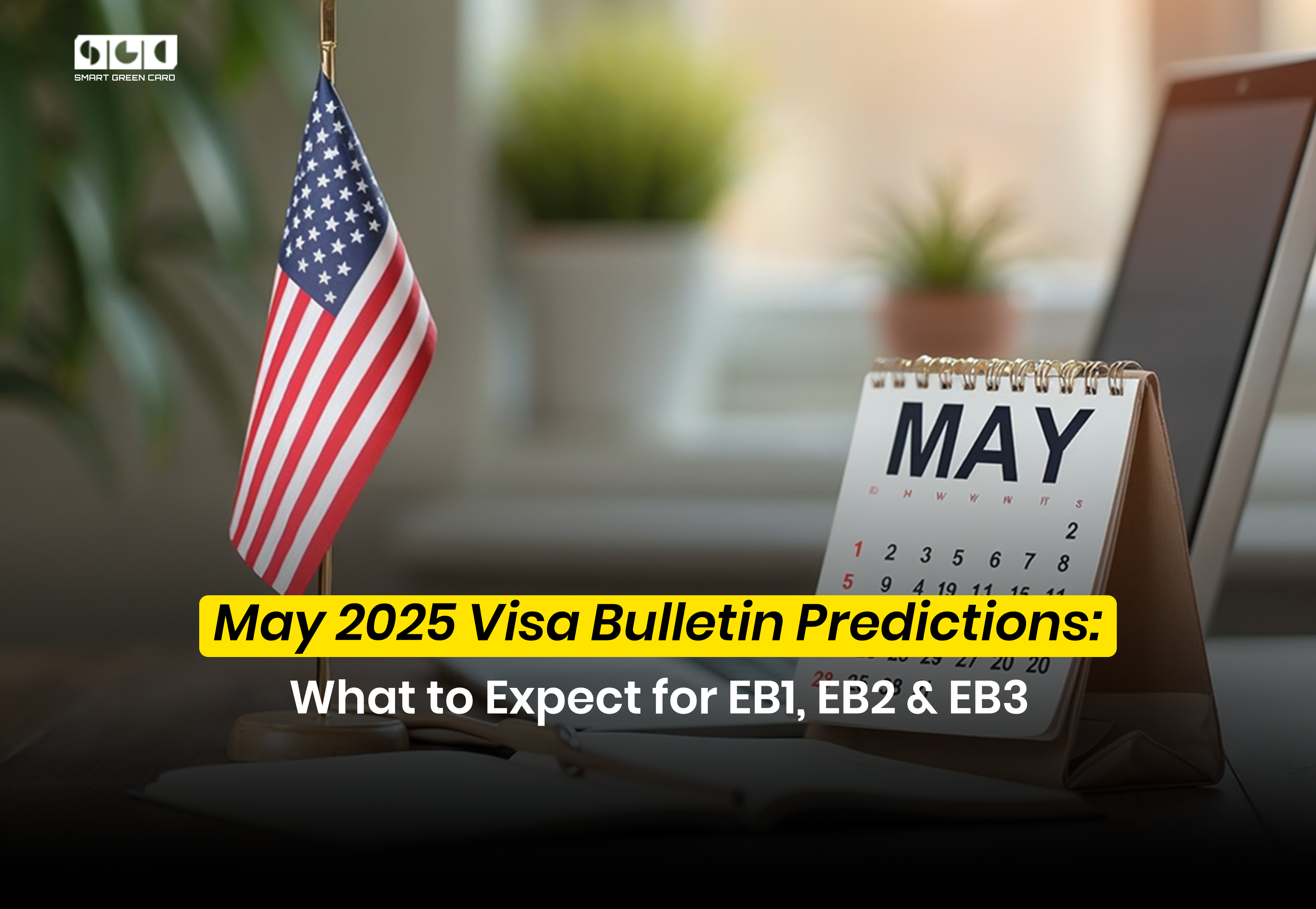If you are an international student graduating in the US, undoubtedly your next goal is to establish a career there. With an F1 visa, you are eligible to work in the US for 12 months through the OPT program.
Moreover, if you are a STEM student, you can extend your US work authorization for an additional 24 months under the STEM OPT extension after completing your initial OPT period.
Once your OPT ends, you will need a work visa to continue working in the US. This is when many skilled immigrants pursue an H1B visa. However, securing an H1B visa is highly competitive, requiring a US employer sponsor, and the selection process for assessing the candidates is random.
If you prefer merit-based options over-relying on luck, then considering EB1A or O1 visas might be more suitable.
In this blog, we will discuss tips for building an EB1A profile for recent graduates. Additionally, we will compare the O1 and EB1A visas to help you make an informed decision about securing your future in the US.
What is the EB1A Green Card?
EB1A is an immigrant visa categorized under the Employment-Based First Preference green card category. It allows individuals to work and reside in the US indefinitely.
EB1A is tailored for individuals with extraordinary abilities in various fields including arts, science, education, business, and sports.
Eligibility Requirements for the EB1A Green Card

To qualify for EB1A, you need to satisfy three out of the ten EB1A criteria set by USCIS. Subsequently, you should also demonstrate that you have sustained national or international acclaim and that your achievements have been recognized in your field of expertise.
The 10 EB1A criteria are:
- Proving that you have received lesser nationally or internationally recognized awards.
- Showcasing your elite membership that requires outstanding achievements.
- Showcasing press coverage about you in major media publications.
- Proving that you have done judging work of others in your field.
- Proving that your original work is of major significance to the field.
- Showcasing your scholarly articles published in major publications.
- Proving that your work has been displayed in artistic exhibitions or showcases.
- Showcasing your commercial success in performing arts.
- Proving that you have performed a critical role in a distinguished organization.
- Showcasing that your salary is higher than others in your field.
Tips for Building an EB1A Profile for Recent Graduates
As a recent graduate, you will soon enter the workforce. Here are some clear steps to build your EB1A profile:
1. Publications: Utilize the unique problems you solve at work to write impactful papers in your field. Remember, publications help you fulfill at least two EB1A criteria.
2. Critical projects: Get involved in projects that significantly impact your field and organization. This aids you in meeting the EB1A criteria for a critical role.
3. Conferences: Expand your network by attending conferences and seminars beyond your workplace. These connections can lead to strong Letters of Recommendation (LoRs) for your EB1A application.
Moreover, presenting your work at conferences can help you win awards, which can be used as evidence to satisfy EB1A awards criteria.
Which Smart Green Card Plan is Suitable for Recent Graduates and Students?

Smart Green Card offers self-paced plans such as Ultimate and Ultimate Pro, which are ideal options for students and recent graduates. These plans provide the resources and skills to build an EB1A profile for recent graduates and students.
These self-paced plans include over 60 detailed EB1A video lessons, self-evaluation worksheets, project management worksheets, access to our exclusive community, and recordings of weekly group coaching Q&A calls.
Additionally, in the Ultimate Pro plan, you have access to attend live Q&A calls with Saiman to clarify any doubts regarding the EB1A profile-building process.
Furthermore, you have the option to upgrade to the
VIP plan once you meet the criteria for it.
We also have good news for students: The Smart Green Card team is planning to launch exclusive plans for students to help them navigate the EB1A profile-building process smoothly, aiding them in transitioning from F1 status to a green card in the US. Stay connected with us to receive further updates about the student plan.
Conclusion
To qualify for EB1A, demonstrate your extraordinary ability in the field by meeting at least three EB1A criteria and navigating the final merits determination phase. Moreover, EB1A does not necessitate employer sponsorship, labor certification, or an advanced degree.
EB1A green card wait times are shorter compared to those of the EB2 and EB3 green card categories. EB1A final action dates progress more rapidly in the visa bulletins.
Additionally, the O1 visa is a non-immigrant visa granting an initial three-year stay and work permit in the US, whereas EB1A offers a direct path to US permanent residency.While preparing for
EB1A, your profile may align with O1 visa requirements at some point, but the reverse is not true.
I hope this blog provides you with an overview of
EB1A visa requirements and strategies for building an EB1A profile for recent graduates.








